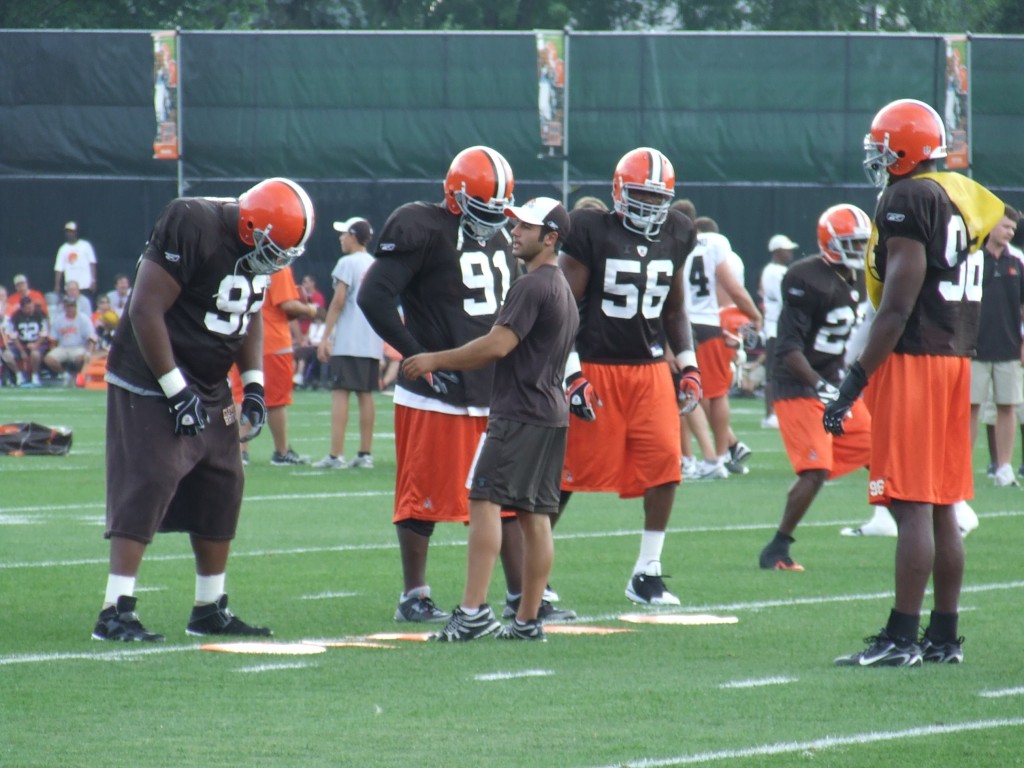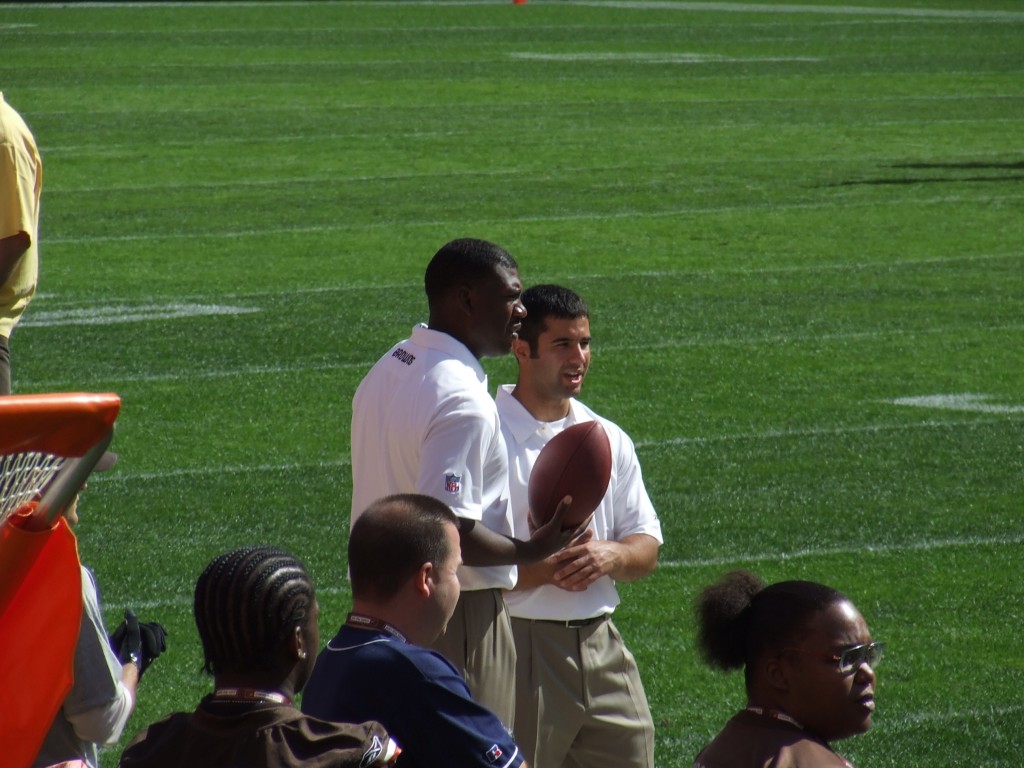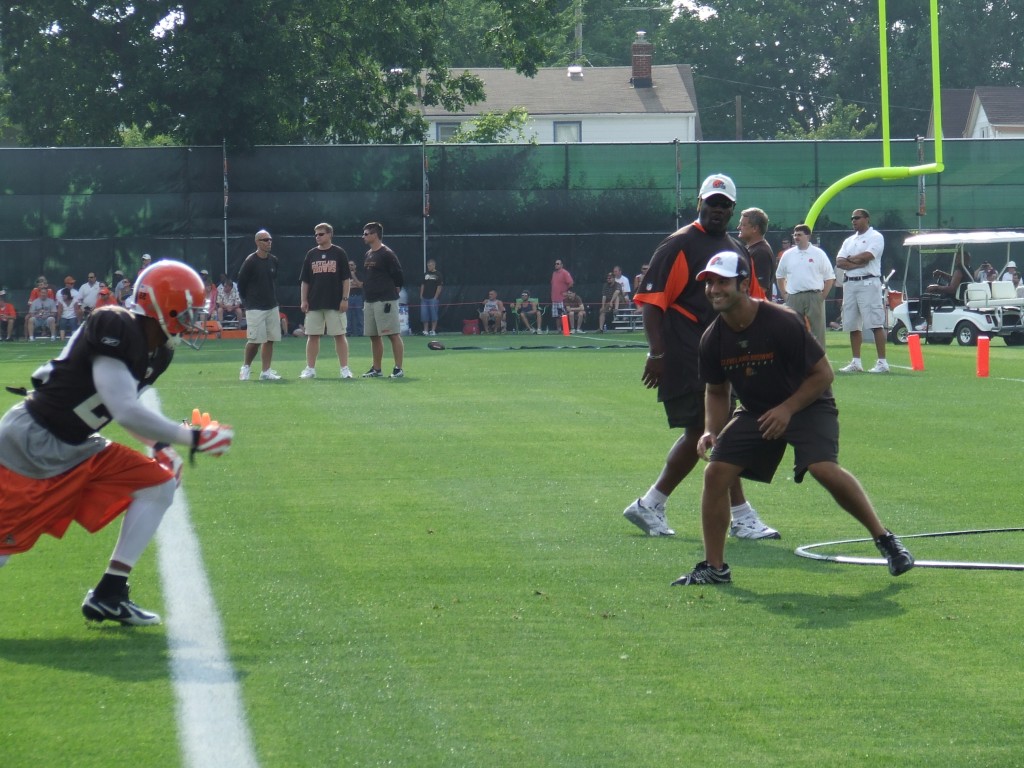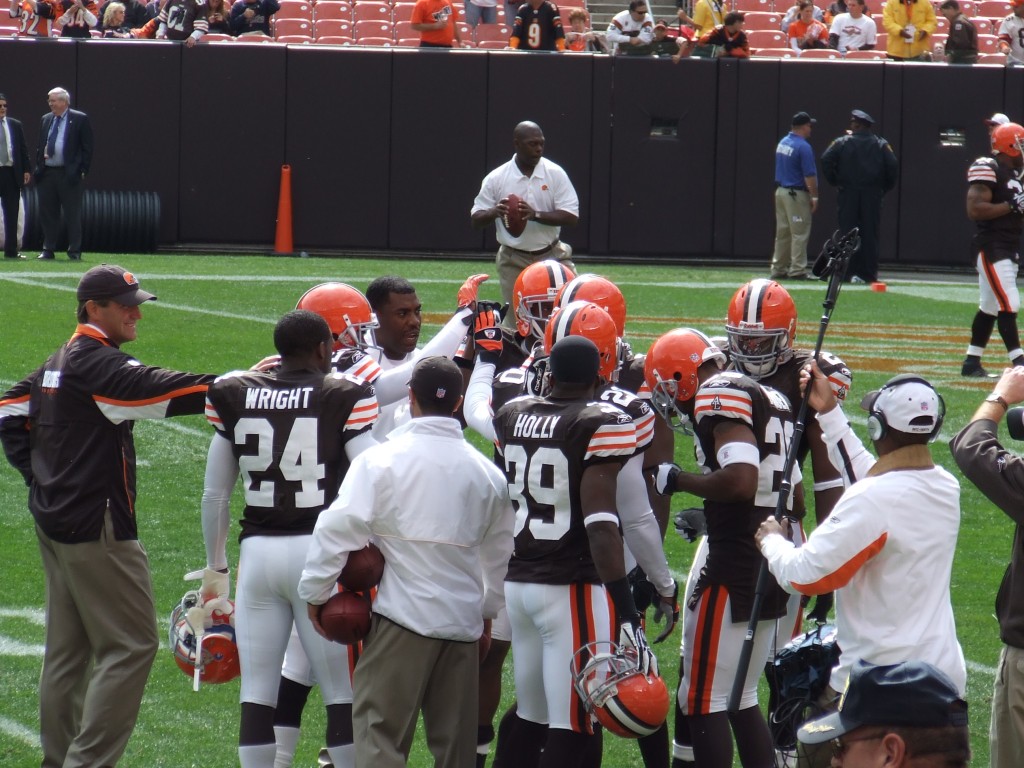57 Meditations on Kicking @$$ in Business and Life"4.8/5 stars" on Amazon
Do These 3 Things & You’ll Be A Much Better Networker
Tweet CommentI was stunned recently when, within 15 minutes of a concert I attended, I found a potential buyer for my 94 year-old Grandma’s summer cottage 2,000 miles across the country.
How did I do it?

I found a potential buyer for my Grandma's house at a....Jerry Garcia Tribute Concert!?
This wasn’t just luck — although you could argue that the tips I’m going to share are all ways to increase your luck…or serendipity as I like to call it.
Either way, it was a positive thing…so I re-engineered what happened and am sharing the three tips below.
And I really like these 3 networking tips cuz all are real easy to do and remember.
3 Networking Tips
Networking Tip #1: Attend Events You Enjoy (It’s That Easy!)
The first thing I did was to attend an event I knew I’d enjoy.
A friend had invited me to a “Tribute To Jerry Garcia” concert put on by the REX Foundation…and I’m a huge live music/Jerry Garcia fan!
Why is attending an event you’ll enjoy so important to networking? …
No comments yet | Continue Reading »
Wednesday, December 22nd, 2010
Warren Buffett Video Teaching You How To Be A Business Hero
Tweet CommentI found this terrific video (below) in which Buffett teaches students how to become the business hero they want to be (the video is pretty crappy quality but fantastic content!).
I wrote down the basics of the exercise (it starts around Minute 2 of the above video)
As Buffett explains, you don’t have to be a student to benefit from this exercise, but the earlier in life you do it the better!
Ok, grab a piece of paper…this won’t take long:
1) Pick a fellow student/colleague who you’d like to own 10% of for the rest of their lifetime
Question: Is it the person with the:
- Highest IQ (probably not)
- Highest grades (probably not)
Buffett thinks you’ll probably end up looking for qualitative factors such as:
- Honesty
- Leadership
- Generous
- Gave credit to
- Temperament
Write down the qualities of that person you want to own 10% of on the left-hand side of a piece of paper.
and then, to continue the exercise, you then:
2) Pick a person who you would like to “sell short” based on their performance for life.
This would probably not be the person with the lowest IQ or lowest grades — more likely, Buffett says, this person has turned you off with such qualities as:
- Egotism
- Dishonesty
- They cut corners
Write down the qualities of this person you want to “sell short’ on the right-hand side of your sheet of paper.
Buffett suggests that if you focus on emulating the qualities on the left-hand side and avoiding the qualities on the right-hand side, you’ll eventually become the person that you want to own 10% of.
But even better than owning 10% of that person, you’ll own 100% of that person…because it’s yourself!
No comments yet | Continue Reading »
Sunday, December 12th, 2010
5 Easy Tips On How To Be Successfully Prepared (From An NFL Coach)
Tweet 3 Comments[My new friend Umberto Leone was an Assistant Coach in the NFL for the Cleveland Browns and Oakland Raiders; he wrote the article on preparation below (with some editing for space by me).]
As U.S. President Abe Lincoln once said about the importance of being prepared:
“If I had 6 hours to chop down a tree, I’d spend 4 hours sharpening my axe.”

Coach Leone corralling the Cleveland Browns
As a former Assistant Coach in the National Football League for five seasons, as well as three years assisting on the collegiate level, my work-life revolved around preparation.
I learned some valuable tips & pointers on preparedness and look forward to sharing them with you.
Preparation Tip #1: Teamwork
You hear the word “teamwork” thrown around the sports world all the time. Many athletes thank their teammates for the individual awards they receive.
Not only is teamwork a requirement on the field of play, within the preparation process teamwork is crucial.
As a coaching staff, each of the preparation duties is shared amongst the entire staff.
For example, one coach may be responsible for the 1st and 2nd down game plan while another coach’s responsibility is 3rd down and 2 minute.
Another coach may have the Red Area and Goal Line situations.
You must rely on the successful work of each individual coach in order for the whole coaching staff to be properly prepared.
Teamwork Preparation Questions For You:
- Do you efficiently spread responsibilities among your team?
Do they have assignments as specific as who’s responsible for 1st down decisions or what you do when you’re close to the “Goal Line?
Preparation Tip #2: Ask Yourself the “What If” Questions
To properly prepare you have to be able to ask and answer the appropriate “what if” questions; this helps you increase and broaden your mindset.
An increased and broadened mind allows you to think about a variety of possibilities and how to prepare for them all.

Coach Leone (on right) talks things over with Coach Mel Tucker
In football terms, some examples of the “what if” questions we asked ourselves each week to help us prepare:
- “What if they start using a no huddle offense”?
- “What if they fake a field goal or punt”?
- “What if they give us a trick play “?
- “What if they bring a blitz that we have never seen before”?
- “What if its 4th and 1 and they go for it”?
- “What if its 4th and 5, we are losing by 3 points with the ball at the 35 yard line, 45 seconds left in the game and we have no timeouts left – do we kick a field goal or go for the first down”?
- “What if our QB gets hurt”?
When you ask yourself the appropriate “what if” questions, it will deepen and broaden your mind and thus drastically improve your preparation level.
What-If Preparation Questions For Your Team:
- Does your team discuss “What-If” contingency plans?
- Are you prepared in the event a key person on your team resigns?
- Are you prepared for your largest customer or partner leaving you?
Preparation Tip #3: Role-Play
In football it was vital for us to think as our opponent would think.
We’d study ourselves in a way that the opponent would: understanding our weaknesses, knowing the areas that they would attack, and being able to prepare accordingly.

Brandon McDonald runs at Coach Umberto
For example, we prepared for the following game by studying our opponent on film (and over time collecting a huge database of their plays).
During practice our Scout team would utilize those plays and run them against our own team.
At times we would run the play a little differently – attacking the weak area of our team in a way that would make the opponent’s play more successful.
For example, if we are playing the Eagles, our scout team wouldn’t have a slow non-athletic QB: we’d put the closest version to Michael Vick we had on our team to better role play that position.
Role-Play Preparation Questions For You:
- Do you have a database of plays you and your competition rely on?
- Do you ever role-play any scenarios in your business?
- If you have to have to fire someone, do you use a colleague to role-play the script with them beforehand?
- If you are giving an important speech, have you ever tried practicing it aloud to another person whose opinion you trust?
Preparation Tip #4: Research & Study Hard
Though we only played one game every week, the amount of preparation that went into every game was astounding.
From the Sunday evening following the afternoon game, to the Saturday night team meal and sometimes even until the Sunday morning breakfast, we were preparing.
Legendary coach Joe Paterno once said
“The will to win is important, but the will to prepare is vital”. As NFL Coaches, we all definitely have that will.
Without doing the research, your mind is not prepared to ask the appropriate “what if” questions. Your mind is no shape able to role-play either.
Imagine being a football coach and never having seen the opposing team play a game. You would have no idea what plays they like to do, what strengths and weaknesses they have as a team, etc.
Research/Study Hard Preparation Question For You:
- Are you researching & studying your goals comprehensively enough that you have identified the major “What-If” and Role-Playing scenarios you could face?
Preparation Tip #5: Practice and Review
In preparation, once you are satisfied with your thought process — ideally by completing preparation tips 1 through 4 above — you need to practice your plan…through action!
Learning by actions allows you to experience things you originally didn’t think about.
As a football coach, the daily practices we had were crucial to the team being prepared for each week’s game. In addition to the role-playing practices mentioned above, we did individual position drills.
Each position worked on individual drills pertaining to their position:
- Lineman worked on blocking fundamentals;
- Defensive backs worked on covering fundamentals;
- And wide receivers worked on route running.
And if we knew that the other team posed a problem for us on any of the fundamental levels we made sure we worked that fundamental area more intensely.
For example if they had small – quick wide receivers our DB’s worked more on foot quickness drills.
Practicing at different speeds was also important:
- We started practice with a walk-through in which we did at half speed the plays we were going to work the day in practice.
- Then we went to the individual/fundamentals part of practice so that we could run the plays successfully.
- Then we ran the plays at full-speed in a competitive fashion.
Practice & Review Preparation Questions For You:
- Do you practice your skills & timing before YOUR big game/event?
- Do you identify the fundamentals that you’re weakest on and prioritize those?
- Do you take your sales & marketing “plays” and practice those at a slower pace to make sure you can nail them when it’s “game-time”?
Successful End Results
Our expectation was to be prepared enough that no matter what happened during the course of the game, we were able to handle it in a successful fashion.

Anything the opposing team did, from the most usual to the most extreme, our team was prepared enough that they could face it all and still be successful.
I believe these preparation tips I learned from the NFL could be used to help you with anything from preparing for a job interview to preparing a business plan to preparing for an exam.
The key is to get prepared for whatever key challenge you face.
A Recap Of My 5 Tips To Successful Preparation
- Teamwork — Organize and utilize your available resources. Be proficient and efficient.
- What-If Questions — Increase and broaden your mindset. Evaluate rational scenarios.
- Role Play — Put yourself on the other team. Think as they think and prepare yourself accordingly.
- Research and Study Hard — The foundation for your preparation.
- Practice and Review — Learn by your actions before the real event takes place.
Following these 5 guidelines will go a long way to helping you achieve number 6 in this article – Successful End Results!
If you want to get in touch with Umberto Leone he asks that you do so through his LinkedIn profile.
3 comments so far (is that a lot?) | Continue Reading »
Thursday, December 2nd, 2010
How Good Is Your Team’s Vision/Mission Statement?
Tweet 3 CommentsDoes your organization have an effective Vision/Mission Statement?
If you’re involved in starting any team endeavor, the very first thing I recommend you figure out is your Vision Statement. (note: I consider “Vision” and “Mission” Statement interchangeable for this post).
What is a Vision/Mission Statement?
A vision statement is a single sentence that explains clearly and specifically what it is you or your business are trying to create in the future.
I have three tips for you:
1) A Vision/Mission Statement Is Concise
When Sergey Brin and Larry Page walked into Sequoia Capital’s offices to ask for an investment into their new startup Google, they explained their vision in these words:
“To provide access to the world’s information in one click.”
Those 10 words were so key to Sequoia’s investment in Google, that Sequoia now requires all of its entrepreneurs to have a Vision Statement of 10 or fewer words before they even get a meeting with Sequoia.
Note: While I don’t recommend you get hung up on your vision statement being 10 words or less …
3 comments so far (is that a lot?) | Continue Reading »
Thursday, December 2nd, 2010
My Favorite Vision & Mission Statements
Tweet 17 CommentsBelow is a list of examples of effective Mission Statements and Vision Statements that I believe are clear.
As a reminder, an effective mission statement (or vision statement) should be:
- Concise
- Specific
- Answer the question: “Are we working on the right thing?”
See How To Write A Vision/Mission Statement, an article I wrote, for more on how to write one.
Enjoy!
AOL
The largest high-quality content producer for digital media – locally, regionally, nationally,
and globally (as of 2011).
“To be the world’s most customer-centric company.”
Apple (back in the early days when they were Apple Computer)
“A computer in the hands of everyday people.” (this was from their early days)


